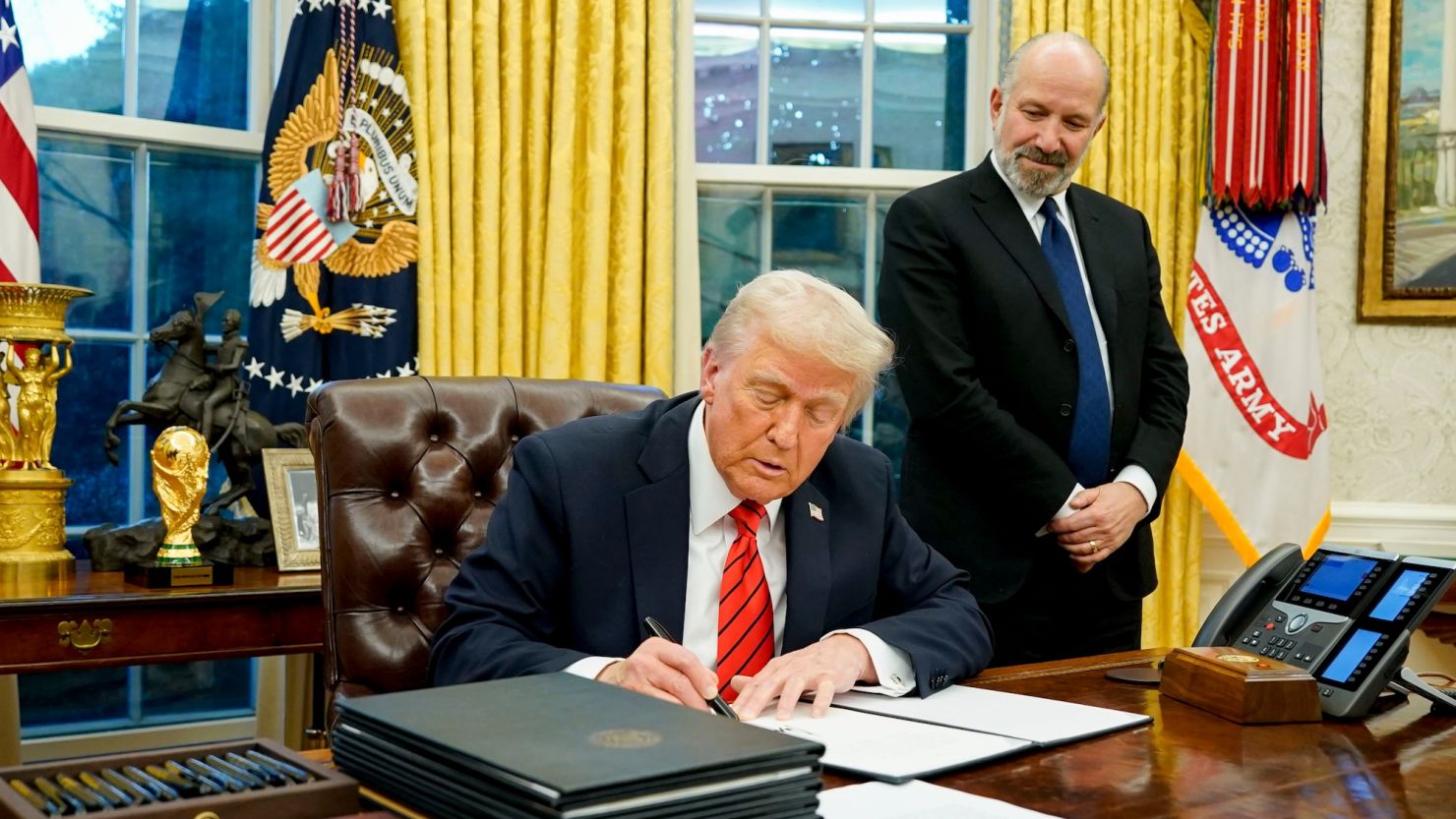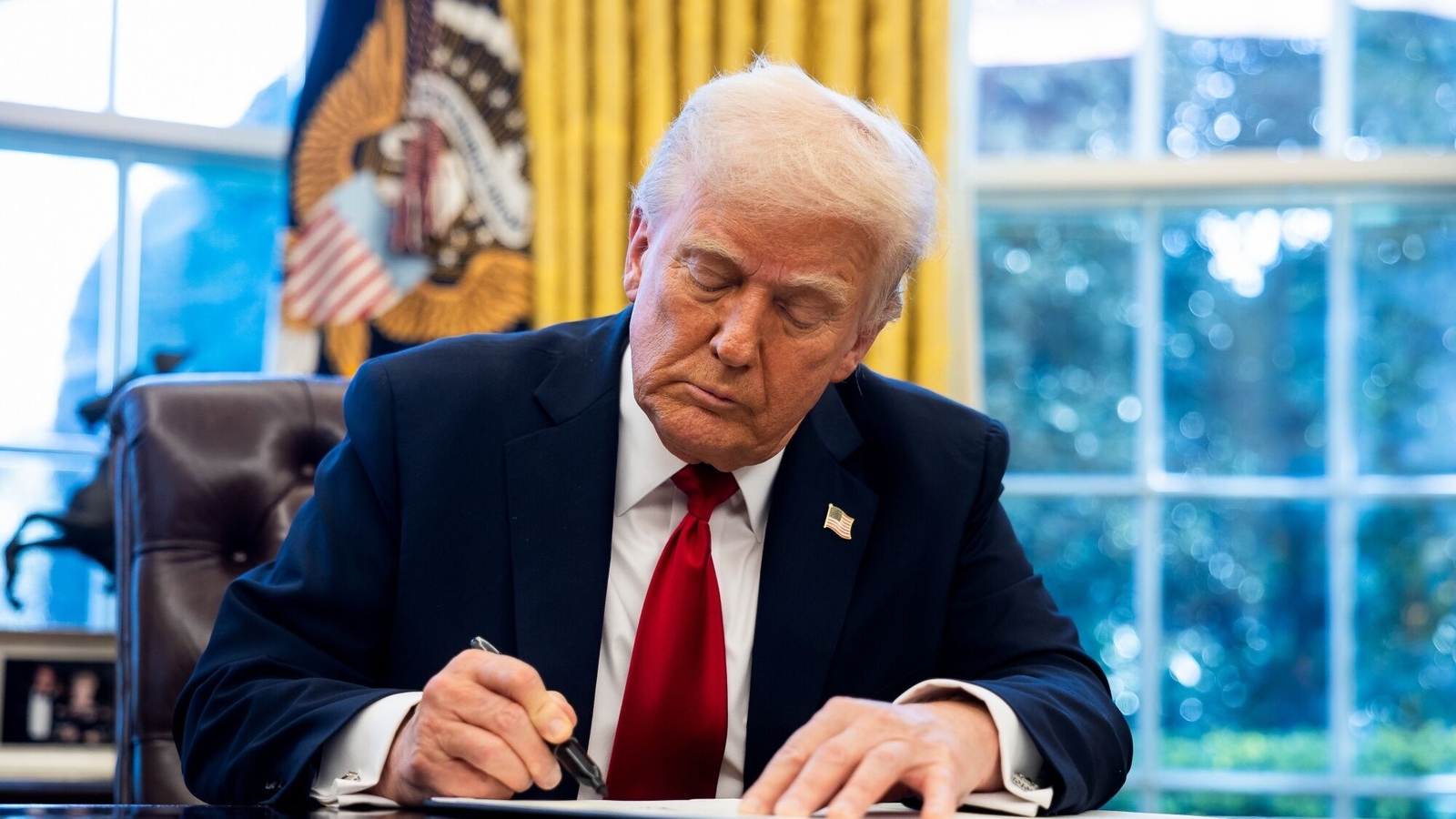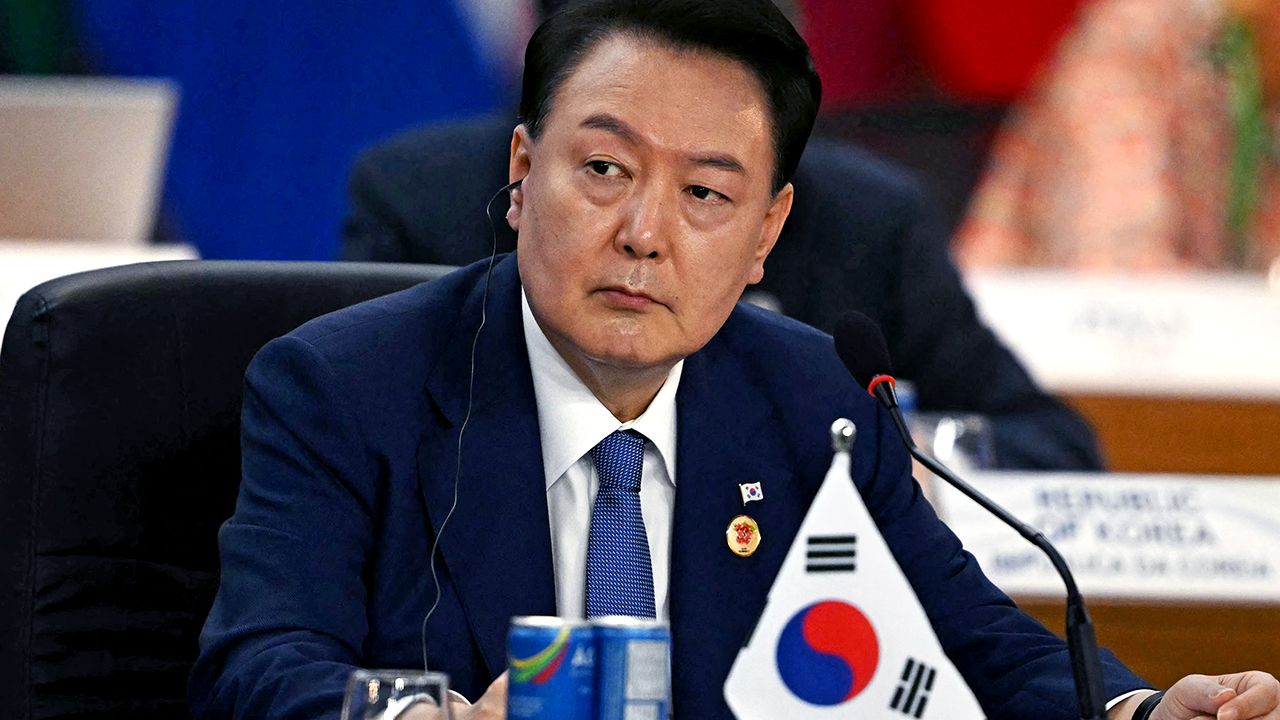The United States has implemented sweeping 25 percent tariffs on steel and aluminum imports, with no exemptions, despite international efforts to avoid them. President Donald Trump’s decision is expected to drive up costs in industries reliant on these metals, such as auto manufacturing and construction.
The European Commission has announced countermeasures in response, stating that the US tariffs, which amount to $28 billion, will be met with equivalent retaliatory actions starting April 1. Canada, a major supplier of US steel and aluminum, is among the most affected, along with Brazil, Mexico, South Korea, and the UAE. Some Canadian and Mexican products could face combined tariff rates of up to 50 percent if they do not comply with the US- Mexico- Canada Agreement (USMCA).
Financial markets have reacted negatively to Trump’s tariff policies, with Wall Street experiencing consecutive days of declines. However, Trump remains confident, dismissing concerns of an economic downturn. His administration has indicated that tariff decisions are part of ongoing trade negotiations, acknowledging that the process may be volatile.
Ontario had briefly planned to retaliate with an electricity surcharge on US states but withdrew after discussions with Washington. A high-level meeting between US and Canadian officials is set for Thursday to address trade concerns before the April 2 reciprocal tariff deadline.
The tariffs have caused uncertainty among manufacturers, with US steel and aluminum producers raising prices in anticipation. While some American firms benefit from protectionism, others warn that higher import costs will make domestic products more expensive as well. The latest tariffs go beyond those imposed in 2018 by targeting finished goods in addition to raw materials.
Despite appeals from key US allies like Australia and Japan, no exemptions were granted. Australian Prime Minister Anthony Albanese criticized the tariffs as “entirely unjustified” but stated that his country would not retaliate. It remains uncertain whether Trump will later grant relief to some nations, as he did during his first term. Meanwhile, additional reciprocal levies are expected on April 2, potentially escalating trade tensions further.




